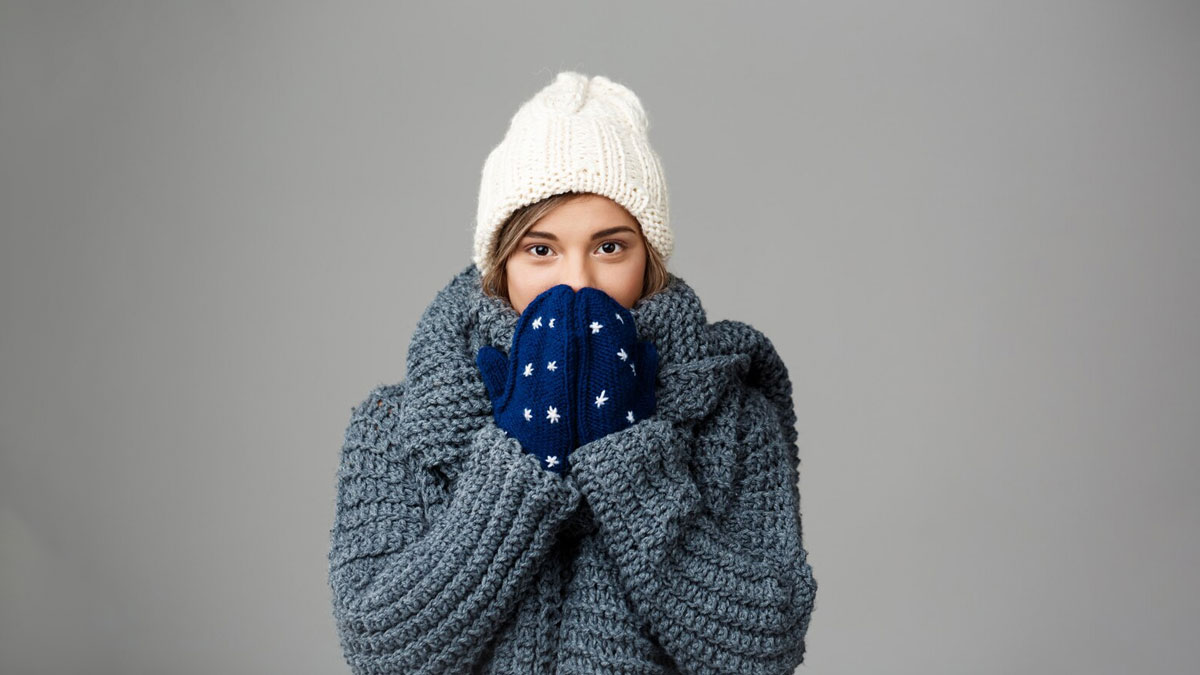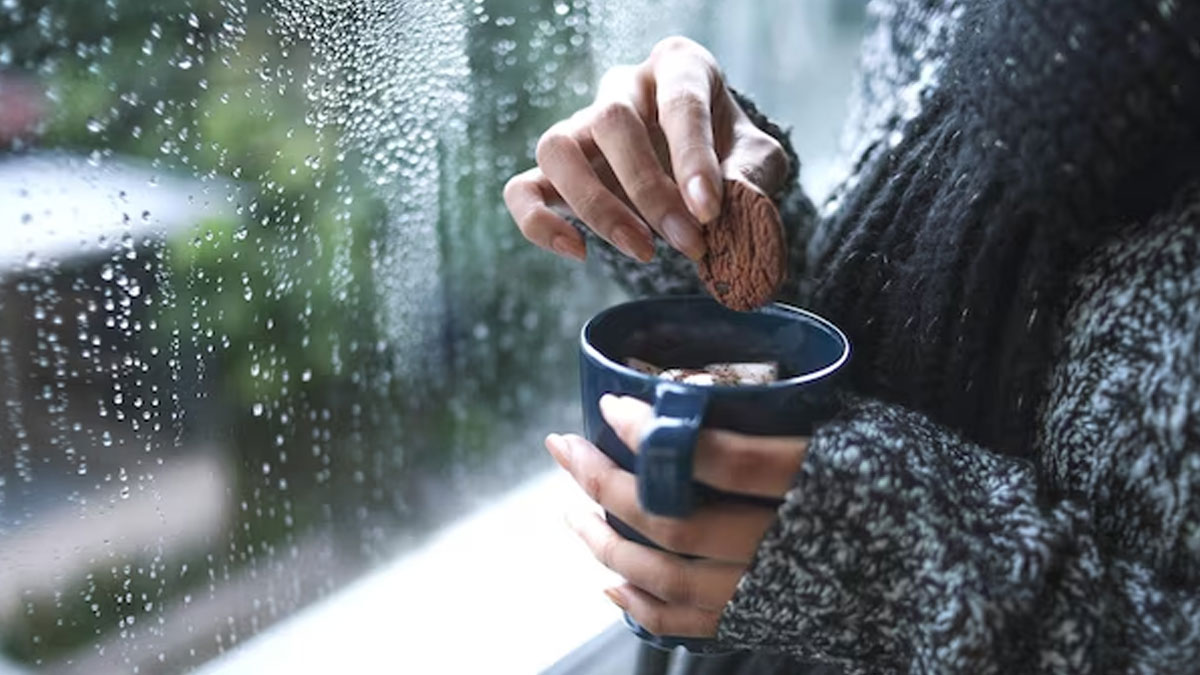
The Indian Meteorological Department has warned that many parts of North India, including Delhi, Uttar Pradesh, Haryana, Punjab, Rajasthan, and Chandigarh, will be victims to severe to very severe cold days. As per IMD, there will be no respite from the harsh weather in these areas, at least till 9 January.
Table of Content:-
This is concerning because severe cold can manifest a bunch of health issues. According to a study published in the journal ‘Public Health,’ temperatures below 18°C can adversely affect blood pressure, blood platelet count, chronic obstructive pulmonary disorder symptoms, respiratory viral infection, sleep, physical performance and general health.
Here are some essential tips to help you navigate the chilly days and nights while ensuring your safety and well-being.
Layer Up Strategically

The key to combating extreme cold is layering. Wear multiple layers of clothing, starting with thermal or moisture-wicking base layers, followed by insulating layers, and topped with a waterproof and windproof outer layer if travelling on a bike or cycle. This ensures you stay warm while allowing you to adjust to changing temperatures.
Nutrient-Rich Diet
Fuel your body with a well-balanced diet rich in vitamins and minerals. Include immune-boosting foods like citrus fruits, leafy greens, and berries. Vitamin C, in particular, plays a vital role in supporting the immune system and can help fend off colds and flu.
Warm and Nourishing Foods
Embrace the winter season by incorporating warming foods into your diet. Opt for hearty soups, stews, and hot cereals. Foods like ginger, garlic, and turmeric not only add flavour but also possess anti-inflammatory properties that can help keep cold-related symptoms at bay.
Protect Your Extremities
Fingers, toes, ears, and nose are particularly susceptible to cold burn or frostbite. Invest in quality gloves, thick socks, earmuffs, and a warm hat to shield these extremities from the biting cold. Consider heated insoles and hand warmers for additional warmth.
Also Read: Suffering From Cough And Cold Right Now? Expert Shares How It May Not Be COVID But Allergic Rhinitis
Hydration Matters

Cold weather can be deceiving when it comes to hydration. The air tends to be drier, and people may not feel as thirsty, leading to dehydration. Ensure you stay well-hydrated by drinking plenty of fluids, including warm beverages like herbal teas and soups.
Regular Exercise
Maintaining an active lifestyle is essential, even during the winter months. Exercise boosts circulation and helps keep your immune system strong. If outdoor activities seem challenging, consider indoor exercises like yoga or brisk walks to stay active.
Adequate Sleep
Adequate and quality sleep is paramount for a robust immune system. Aim for 7-9 hours of sleep each night. Create a cosy sleep environment, and establish a bedtime routine to signal your body that it's time to wind down.
Watch for Warning Signs
Be aware of the signs of cold-related illnesses such as hypothermia and frostbite. Symptoms include shivering, numbness, confusion, and pale or hardened skin. If you or someone around you shows these signs, seek warmth and medical attention immediately.
Also Read: Desi Ghee For Seasonal Flu: Here Are 5 Smart Ways To Use Ghee For Cold, Cough, And Fever
As winter tightens its grip, adopting these diet and lifestyle tips can help fortify your defences against cold-related illnesses. By following these tips and staying attuned to your body's signals, you can enjoy the winter season while minimising the risks associated with plummeting temperatures. Stay warm, stay safe, and embrace the beauty of winter responsibly!
Also watch this video
How we keep this article up to date:
We work with experts and keep a close eye on the latest in health and wellness. Whenever there is a new research or helpful information, we update our articles with accurate and useful advice.
Current Version